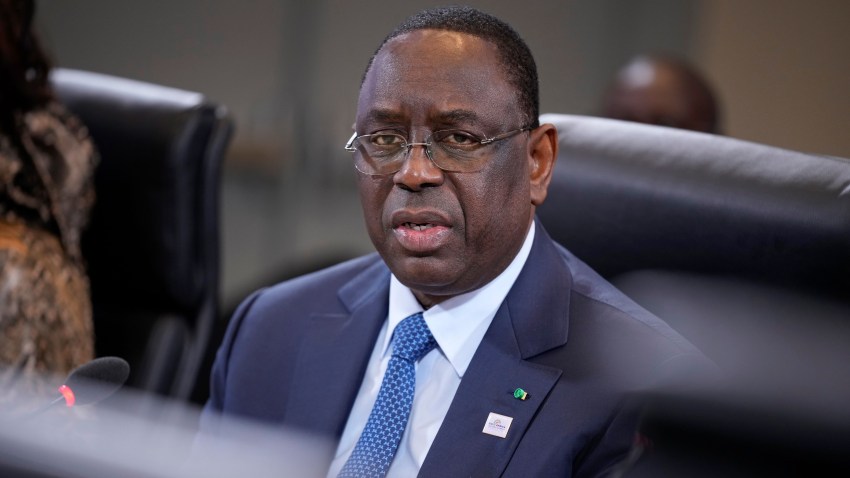Senegalese President Macky Sall announced on Saturday that he had indefinitely postponed Senegal’s presidential election, originally scheduled for Feb. 25, ostensibly due to a dispute between the judiciary and parliament over the final list of candidates. Opposition leaders and supporters have since rallied in Dakar to protest the postponement, which they have denounced as an attack on the country’s democracy, leading the government to shut off mobile internet in the city. (Washington Post & AP)
Our Take
Senegal is one of Africa’s most stable democracies, having had four transitions of power and no military takeovers since gaining independence in 1960. But despite the narrative of “democratic exceptionalism” that is often applied to the West African country, Senegal’s democracy has also faced repeated tests and a gradual erosion in the 21st century.
In fact, Sall himself was first elected in 2012 on the back of a popular movement, especially among Senegalese youth, against then-President Abdoulaye Wade’s decision to seek a constitutionally prohibited third term. As a result, Sall was initially viewed as a champion of democracy, at least abroad.

